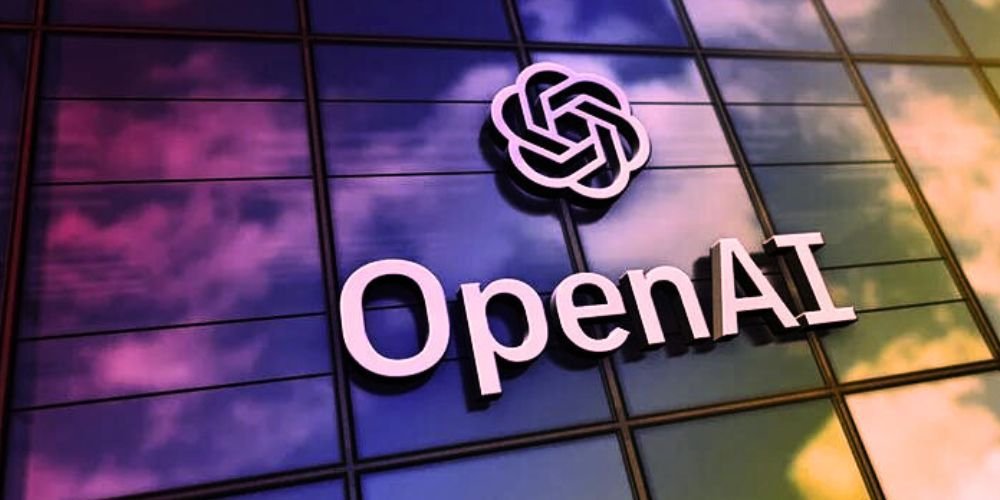Key Points
- OpenAI secures a $4 billion credit line, bringing total liquidity to $10 billion.
- The company raised $6.6 billion in a recent funding round, valuing it at $157 billion.
- OpenAI’s revenue growth is soaring but comes with significant costs, including expected losses of $5 billion in 2024.
- Leadership turnover and talks of restructuring to a for-profit model are ongoing, though no final decisions have been made.
OpenAI has secured a $4 billion revolving line of credit, bringing its total liquidity to over $10 billion. This follows OpenAI’s recent funding round, which closed with a valuation of $157 billion, bolstered by $6.6 billion from major investment firms and tech companies. Financial giants, including JPMorgan Chase, Citi, Goldman Sachs, and Morgan Stanley, are participating in the credit line.
The base credit line is $4 billion, with an option to increase by another $2 billion. This unsecured loan can be tapped over three years, with OpenAI paying an interest rate of the Secured Overnight Financing Rate (SOFR) plus 100 basis points, which currently translates to about 6%. The company plans to use these funds to invest in research, expand infrastructure, and attract talent, enabling it to scale operations with greater agility.
OpenAI’s latest funding round was led by Thrive Capital, which invested $1 billion. Notable backers included Microsoft, Nvidia, SoftBank, Khosla Ventures, Altimeter Capital, and Tiger Global. This funding surge comes as OpenAI’s generative AI technology, especially ChatGPT, has revolutionized the tech industry, attracting billions in AI investments. Earlier this year, the company was valued at $80 billion, up from $29 billion in 2023.
OpenAI’s financial performance has been equally impressive. The company generated $300 million in revenue last month, marking a 1,700% increase since the beginning of last year. According to sources, OpenAI expects to generate $11.6 billion in revenue in 2025, up from $3.7 billion in 2024. However, this rapid growth is costly, with expected losses of about $5 billion in 2024 due to the high cost of purchasing Nvidia’s graphics processing units, essential for training its large language models.
Despite the financial success, OpenAI faces challenges, including leadership turnover. Several key executives recently departed, including CTO Mira Murati, research chief Bob McGrew, and VP Barret Zoph. OpenAI’s board is also considering restructuring the company as a for-profit business. However, CEO Sam Altman denied reports of a large equity stake for himself, calling such claims “just not true.”
While no decisions have been made, discussions about compensating Altman with equity have occurred. OpenAI Chairman Bret Taylor emphasized that no specific figures have been discussed yet.











